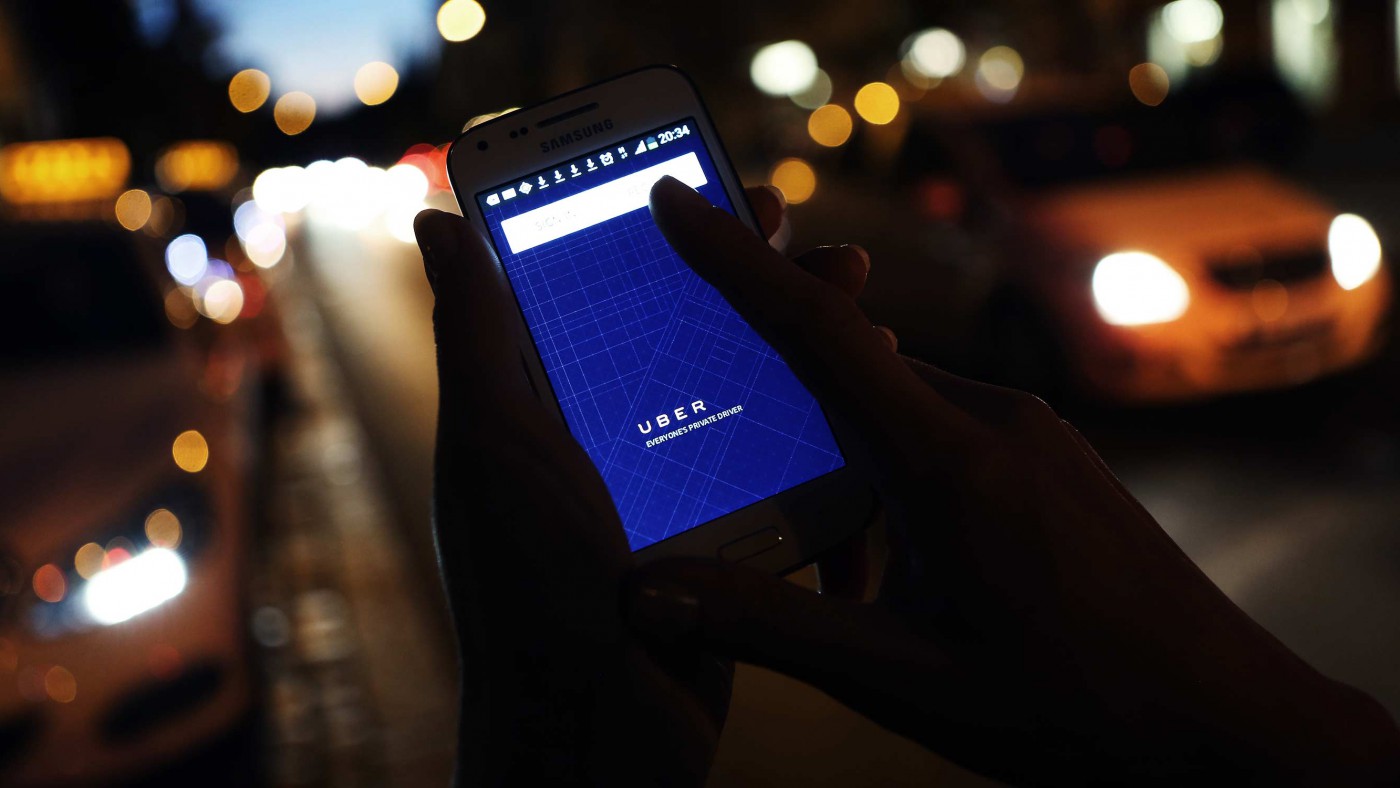Last week’s decision by the High Court to confirm Uber’s legal status was a victory for advocates of the sharing economy and those who understand the intrinsic value of shared services and its potentially radical effect on the economy as a whole.
Whilst the victory was deserved, it still does not adequately address the issue– nor provides the change needed to enable people to have full freedom to use such services without breaking the law. The current taxi laws, which exist under the 1998 Private Hire Vehicles (London) Act written by Sir George Young, separate black cabs from Private-hire vehicles for safety reasons. It was understandable at the time – there needed to be some separation between the two so people were not flagging down random cars and using them as a taxi, in the spate of several high profile incidents.
Now however, technology has made this law redundant. Arguing over what a taximeter is or is not should be futile in the era of GPS. Consumer battles on the sharing economy are now being fought in the courtroom, where consumer interests are not at the forefront, only legal considerations are. Technicalities may help make Uber legal now but we can be sure there will be countless more legal battles in the future. Uber lost a recent battle in Brussels on a technicality and have now been banned in that city as a result. None of these look at the wider issue of the sharing economy and its strong claim to free up consumers, reduce government regulation and provide a cheaper, better quality service. Instead, we have legal jargon and courtroom suspense.
The legislation which stands in the statute book today in the UK and across Europe is designed for the analogue era not the digital age. Uber has given consumers much more freedom. In sum, they have made travel easier, simpler and significantly cheaper. Yet, in France, Belgium, Spain, Germany we have seen powerful vested interests lobby them on the basis that it is illegal according to the rule book. In some cases Uber drivers have been attacked by taxi drivers to make their point, who have been backed up by the local authorities.
Crucially, taxis themselves have a good argument that needs to be recognised – the sharing economy provides a legal grey area and it is understandable why they feel they are not playing on a level playing field when they have to abide by stringent regulations that adds costs which Uber doesn’t face, such as purchasing licence plates, buying licenses and passing specific tests. However, the solution is not to ban Uber, the solution lies in scrapping these regulations and allowing both taxis and Uber to play on the same level playing field, therefore allowing the market to decide which services is best.
It is not as if Uber drivers are unregistered either. Every Uber car is registered with the DVLA, each one has a valid MOT, each driver has a licence and insurance . The car and driver is licensed to be on the roads and in reality what is the difference between a driver giving his mate a lift to the airport and taking an Uber customer there? In safety terms there is no difference, it is only existing legislation which makes an arbitrary difference between the two. There should be no barriers to them picking passengers up.
Perhaps these regulations made more sense in the analogue era, however the question has to be asked as to why the taxi industry didn’t introduce the pro consumer elements that Uber has. For example booking a car on a phone, watching the car come to you on a virtual map, seeing who your driver is and what type of car it is, having a pre estimate of the cost, and automatic payment by credit card. All these make consumers lives easier but they never happened in the taxi industry because it was protected from competition, and therefore had no need to innovate. It is a case study in how monopolies hurt innovation and creativity.
This is the underlying benefit of the shared economy. It challenges comfortable monopolies in the name of consumer choice and it is radically changing the playing field, favouring consumers and providing the opportunity to rid society of overbearing and outdated government regulation.
The taxi industry may be the first industry battle, but it will not be the last. The sharing economy has the potential to change the way our whole economy works and we need to respond to this.
At the moment, Uber is only legal because of the fairness of the British judicial system – this is wrong. Uber should be fair because it provides a fantastic new service which consumers across the globe are lapping up. To not adapt to the sharing economy is not only unfair to the consumer, it is also unfair to those vested interests which complain about a non-level playing field. This is a golden opportunity for us to show the rest of the world how to put consumers first.


